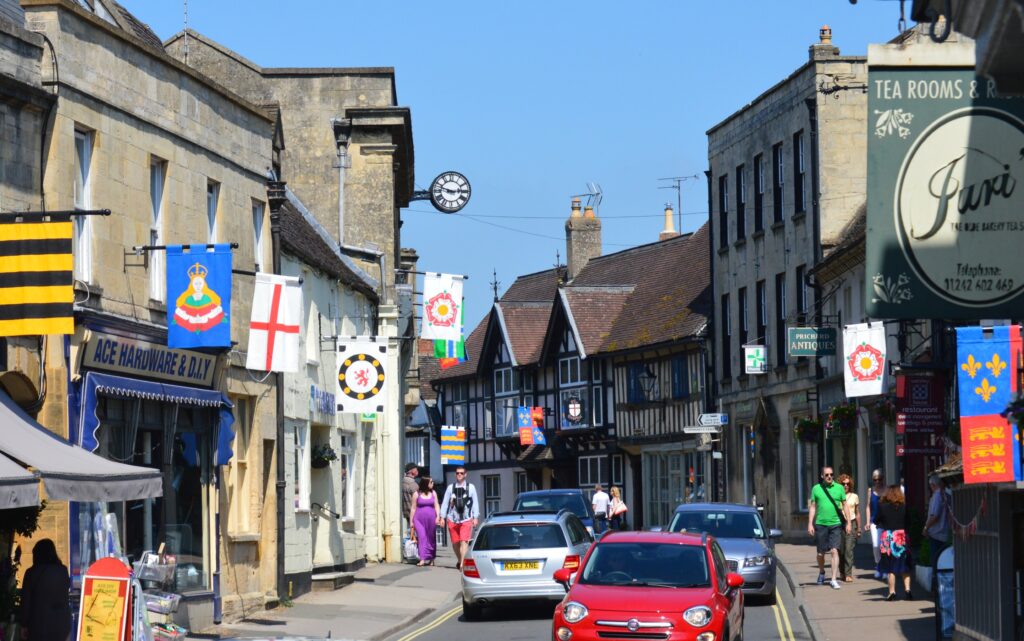October 15th is International Rural Women day, and was first observed in 2008. Established by the General Assembly of the United Nations in 2007, the purpose of the day is to recognise “the critical role and contribution of rural women, including indigenous women, in enhancing agricultural and rural development, improving food security and eradicating rural poverty.
This has inspired us in the CCRI to think about and celebrate gender, both in terms of our research and within our team. We are particularly proud to be able to say that we have an excellent gender balance at all levels of the academic hierarchy – which is not always the case in academia.
We draw inspiration from the James Hutton ‘Women in Science’ publication that profiled their female academics – and in the short blog posts that follow – ‘Women of the CCRI’ reflect on their experiences and research.
This week, Julie Urquhart, a Senior Research Fellow in the Institute, tells us about how she got into academia and the role of the rural in that journey.
I came to academia a little later than most – I was in my early thirties, the single mother of two young children. I’d always been interested in the environment and wanted to pursue a career that helped to protect the world around us but was not given the opportunity of going to university when I left school. So at the age of 32, I started with some Open University modules, and loved it so much that I signed up for an Environmental Science degree course at my local university. Although studying for a full-time degree while balancing looking after two children was challenging and economically difficult, I graduated with first class honours and a thirst for continuing in a research career.

When I undertook my first degree, I was planning to be an Ecologist, but I began to realise that unless we understand how humans value and respond to their environment, it is difficult to design policies and management strategies to conserve natural resources, biodiversity and the landscapes that we want to protect. I therefore shifted my focus to the social sciences, and have devoted much of my academic career to understanding the human and social dimensions of forestry, fisheries and agriculture. After my undergraduate degree, I won an ESRC CASE studentship to undertake a Masters and PhD in forestry at the Countryside and Community Research Institute, with the Forestry Commission. A careful balancing of family life and studies followed, and my usual daily schedule consisted of dropping the children at school, a 3 mile run, working on the PhD until it was time to collect the children from school, with the evenings and weekends devoted to helping with homework and being a taxi service for my son’s football or rugby training, and my daughter’s race skiing competitions. With a bit of careful time management, I also was an active member of a local mountaineering club, with frequent weekend climbing and walking trips, and a number of mountaineering expeditions to the Alps and the Arctic. One expedition, Arctic Voice, sought to raise awareness of climate change through a kayak journey through the North West Passage in Arctic Canada. This project linked schools in the UK and the Arctic to share their experiences and stories and it was rewarding to see children from vastly different cultures sharing their thoughts and ideas about the world around them.
Since my PhD I’ve worked at a number of institutions, including the University of Greenwich and Imperial College London and now at the CCRI since September 2017. Through a range of projects, I have developed specific research interests in the human dimensions of forest health, the values of small-scale fisheries, farmer learning and knowledge networks, and cultural ecosystem services. I’m keen that my research ‘makes a difference’ and so much is policy focused and applied. Currently I’m working on a Horizon 2020 project about farm resilience, leading work in 11 case studies across Europe on farmers’ learning capacity. I am also involved in several other projects for government agencies related to tree health and fisheries. Although my children have now grown up and are at university themselves, I have more time for walking and enjoying the rural countryside where I live in the Weald of Kent. I’ve recently also been co-opted as a Parish Councillor and hope to apply my research knowledge and experience to help ensure the rural area where I live both remains an attractive place for people to live as well as a providing a secure livelihood for the farming community.




